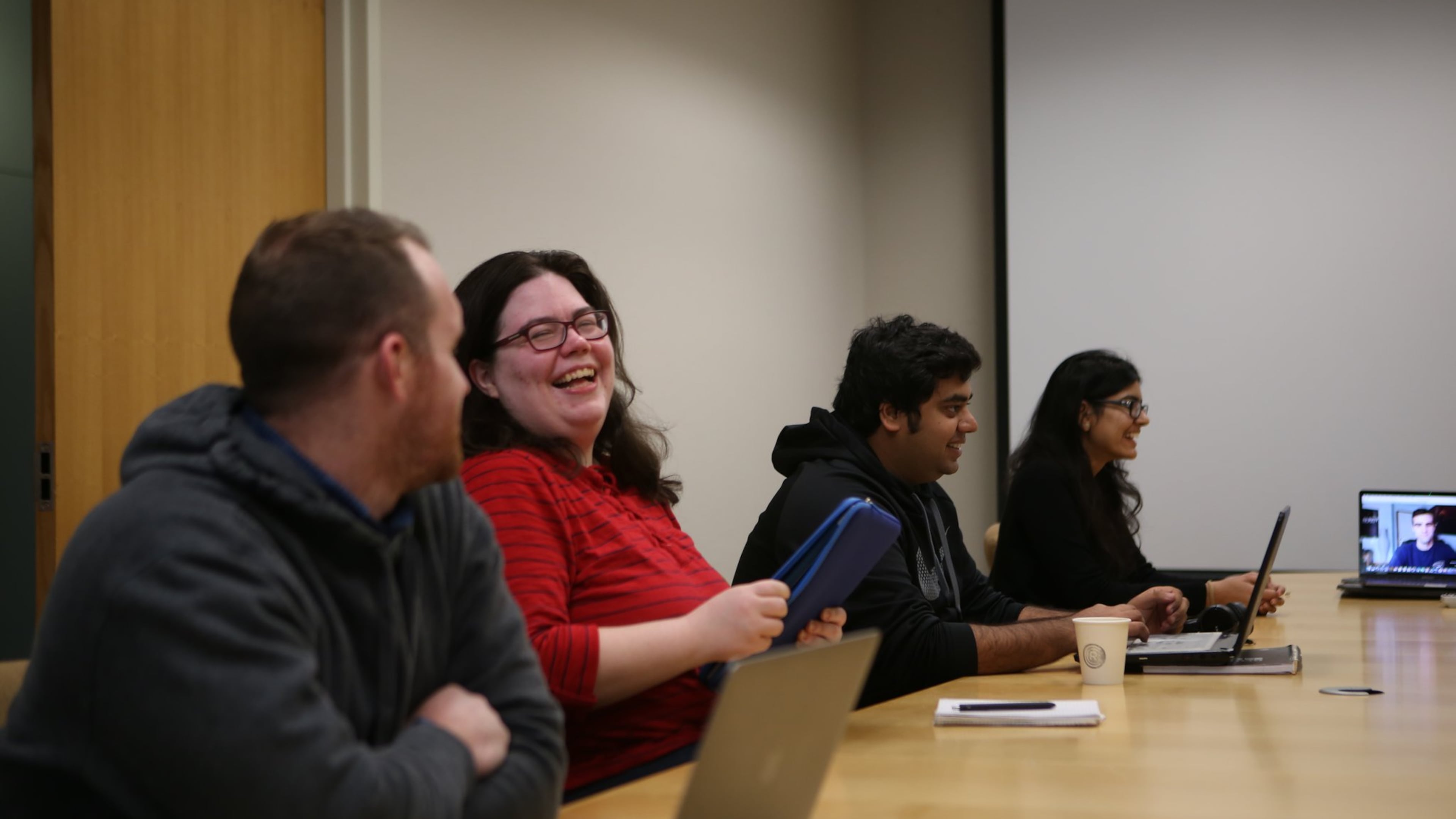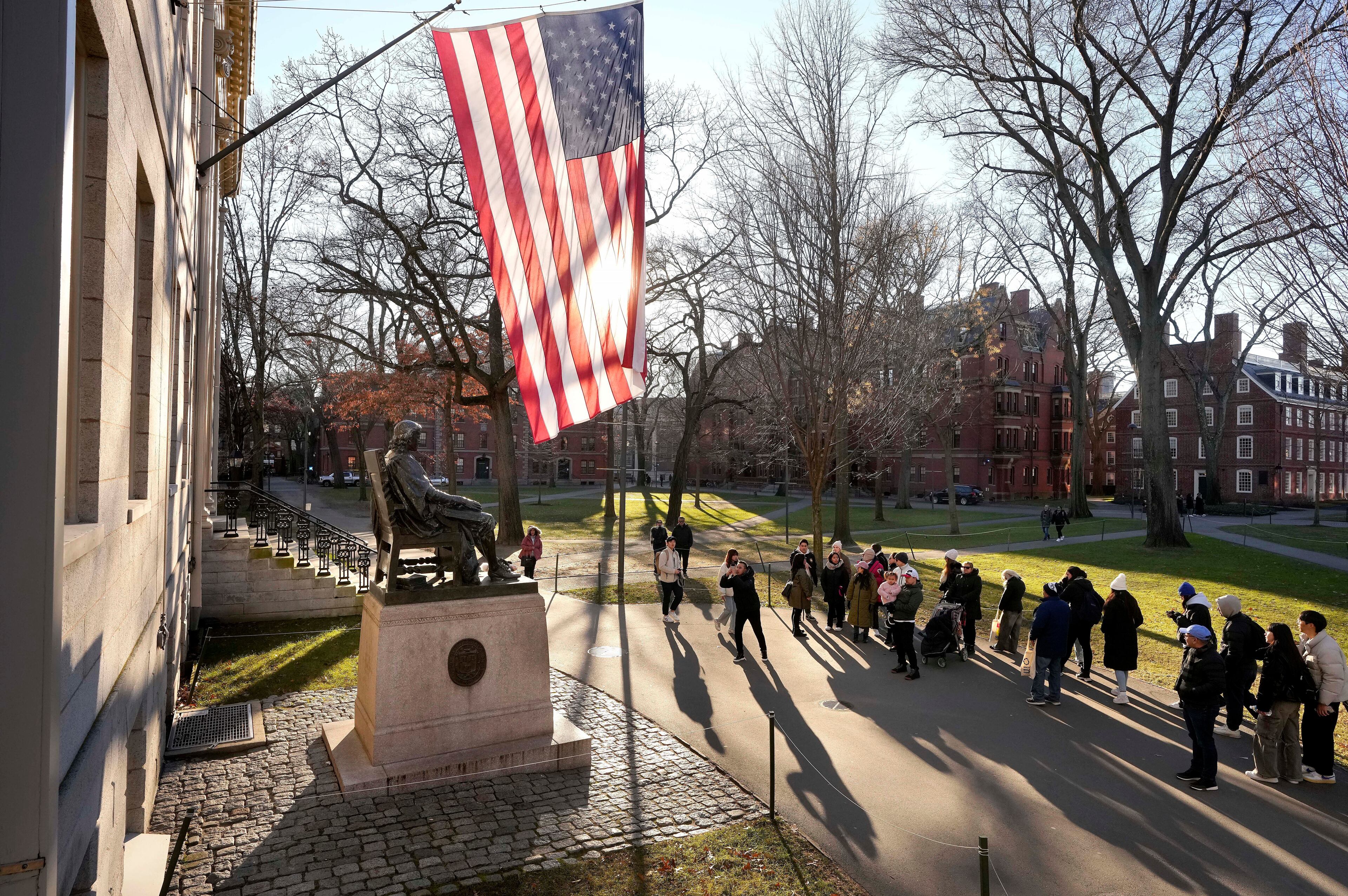AI has already impacted higher education. Here’s how our school is adapting.

As institutions of higher education face a new era of challenges, online learning and artificial intelligence will continue to change the way learning is structured and valued.
Many colleges and universities have seen steady decline in enrollment since 2010, exacerbated by the pandemic five years ago and new applications of technological advancements.
In a recent report, bestcolleges.com counted 84 colleges that have closed or merged since March 2020, including my own undergraduate alma mater, Judson College in Alabama.
Despite this concerning trend, there are colleges and universities that are thriving in this new reality.
My accredited online school, Western Governors University, is one of them. The strong University of Georgia network and the 22 colleges that make up the Technical College System of Georgia are a few other examples.
In academic year 2025, TCSG graduated 47,496 students, marking the highest number of graduates in the system’s history, alongside a 7.1% rise in enrollment totaling 159,280 students statewide. WGU, UGA and other Southeastern schools have seen similar positive trends.
‘AI native world’ has democratized college learning
Online learning has allowed students (most of them working adults) to earn a degree without in-person classes and room-and-board costs typical of traditional institutions.

Years ago, the advent of the internet evolved our world into an “online native one,” presenting an age where information is easily and universally accessible. The internet democratized access to information and fundamentally changed the role of professors and faculty on a traditional college campus; no longer is information bottlenecked by these few and limited individuals.
Professors have had to adapt, and curriculums have changed dramatically.
The emergence of artificial intelligence is doing something similar. As we evolve into an “AI native world,” access to learning itself is becoming democratized. Information that’s been made accessible through the internet is digested and discerned through current AI models and presented in increasingly credible ways.
This “AI native world” further challenges traditional educational practices to adapt.
In academia, I see this AI emergence not as a threat to the institution of higher learning but as another opportunity for our industry to advance economic equality and mobility through widely accessible and personalized education.
Value, relevance and affordability matter more than ever
In 2024, WGU launched a two-part AI strategy:
- First, to accelerate what already works by enhancing the value we deliver to students; and
- Second, to reimagine the models and practices that constrain today’s talent economy. Because of its prevalence in virtually every industry, we’ve already incorporated competencies requiring students to use AI into 62% of our programs.
My colleagues and I are focused on leading higher education through the evolution of the AI native world, just as we did in the early days of the internet. We’re evolving and changing the way we deliver education to our students, remaining aligned with the world of work so our graduates can quickly reap the benefits of their investment in higher education.
When our current university president, Scott D. Pulsipher, began his tenure in 2016, he reemphasized our founding principle of being a student-focused institution. The student’s affordable and manageable access to education, the student’s ability to achieve competent and work-ready skills, and the student’s access to learn through the world’s most innovative technology continue to be the north star of our mission.
On Nov. 15 at Gas South Arena, we are celebrating the last of eight WGU commencement ceremonies in 2025. I’m looking forward to seeing 2,524 degree earners walk across our stage to celebrate this milestone with their families. Through these graduates, our university proudly continues to impact Georgia, especially in the fields of IT, business, health care and education, adding to their already large footprint in the state. Currently, 12,194 WGU graduates reside in Georgia, and 8,267 Georgians are currently enrolled.
As our strategy continues to evolve with the challenges facing higher education, we’re committed to embracing the best personalized, cutting-edge programs to ensure all learners and graduates are poised for economic success in this exciting new world.
Kimberly K. Estep, Ph.D., is Southeast regional vice president for nonprofit online Western Governors University.


